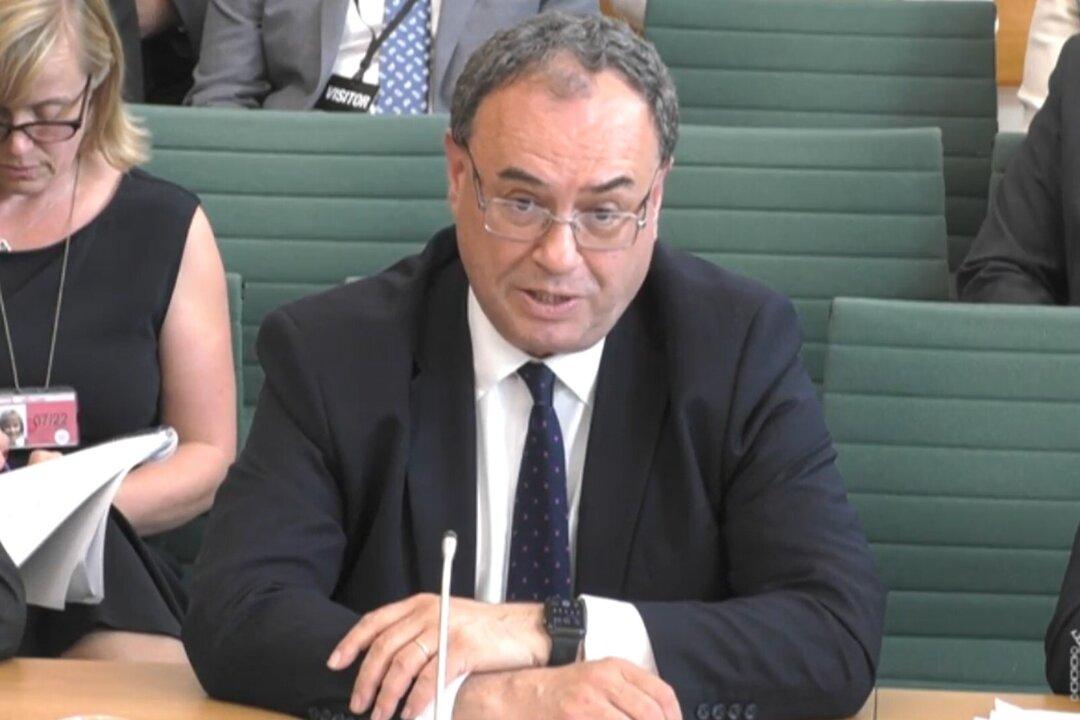The potential for further food price rises is a “major worry” for the UK and the developing world, the governor of the Bank of England, the UK’s central bank, has warned.
Appearing before the Treasury Select Committee of the House of Commons on May 16, Andrew Bailey said that the Russian invasion of Ukraine has resulted in an unpredictable jump in inflation, as it has had a major impact on global food prices.





